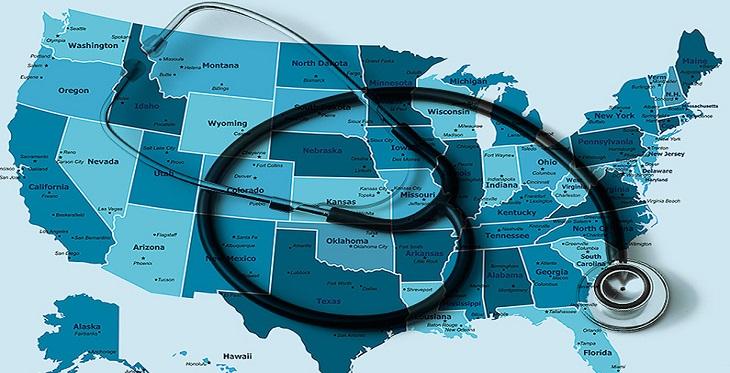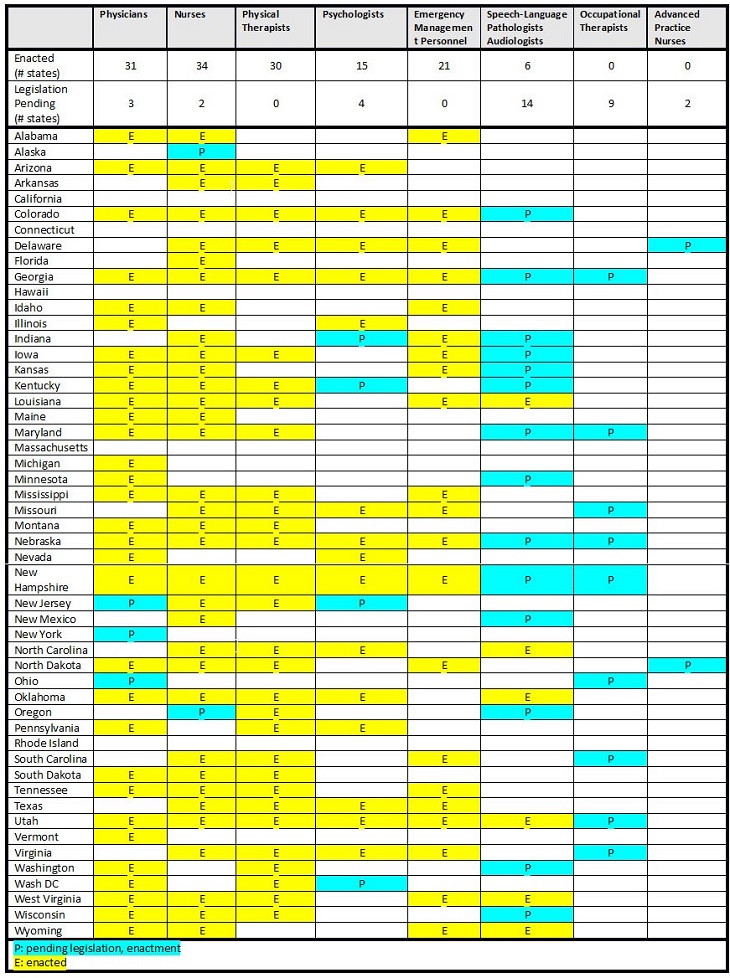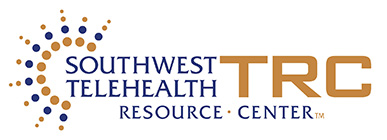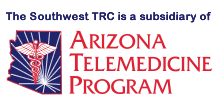
Snow birds. Not the kind that fly (certainly not now with COVID) but the human kind. For those of you who never heard the term before, snow birds are typically retirees who travel south in the winter to states like Arizona, New Mexico and Florida to get away from the snow and cold up north than go back up north in the summer when the heat hits the south. What does this have to do with telemedicine? A lot actually and not just with snow birds. We are a mobile population. People don’t stay in one place their entire lives anymore – we move around, we travel but when we move from one place to another we don’t get to leave our health conditions behind us. They stay with us and sometimes we just get sick when we travel. Being creatures of habit, however, most people like to have consistency in their health providers. We like to think that our PCP and specialists that we see know us and our problems, that we have a relationship. Back to the snow birds – if my cardiologist lives in Chicago and I see her during the summer I want to see her during the winter as well when I’m relaxing by the pool in Tucson staying warm. Problem is she’s back in Chicago shoveling snow so how can I see her? Telemedicine of course but it’s not that easy.
An interstate compact is a contract between two or more states creating an agreement on a particular policy issue, including, but not limited to, the facilitation of licensure of clinicians in states other than that in which the clinician holds his/her home state of licensure.
Currently, licensure compacts exist for physicians, nurses, physical therapists, psychologists, emergency management personnel, and speech-language pathologists/audiologists. Licensure compacts for physician assistants, counselors, advanced practice nurses, and occupational therapists are under development.
Interstate Compact Models
Mutual Recognition (Reciprocity)
allows a clinician in a compact state ("home state") to practice in any of the other compact states without obtaining additional licensure in the remote states. The clinician’s home state license is “mutually recognized” by other compact member states. This model allows a practitioner to practice in the compact member states either using a multistate license or by obtaining a “compact privilege”.
Expedited Licensure
Participating U.S. states work together to significantly streamline the licensing process for physicians who want to practice in multiple states. It offers a voluntary, expedited pathway to licensure for physicians who qualify. These licenses are still issued by the individual states – just as they would be using the standard licensing process – but because the application for licensure in these states is routed through the Compact, the overall process of gaining a license is significantly streamlined. Physicians receive their licenses much faster and with fewer burdens.
The Interstate Medical Licensure Compact is the only expedited licensure compact.
With the national and state emergency orders related to COVID-19, the regulations requiring that licensed clinicians provide care only to patients who are physically located in the state(s) in which the clinician is licensed to practice have been relaxed. It is not known if, when, and how these regulations will change when the COVID-19 emergency orders have expired. This table summarizes what is going on in each state for a variety of providers with respect to pending (P) versus enacted (E) legislation as of January 2021. These are of course subject to change as each state makes progress in deciding what to do.

Physicians www.lmlcc.org
Nurses www.ncsbn.org/nurse-licensure-compact.htm
Physical Therapists www.PTcompact.org
Psychologists www.psypact.org
Emergency Management Personnel ww.EMScompact.gov
Speech-Language Pathologists Audiologists www.aslpcompact.com
Occupational Therapists www.OTcompact.org
Advanced Practice Nurses www.nscbn.org/aprn-compact.htm


